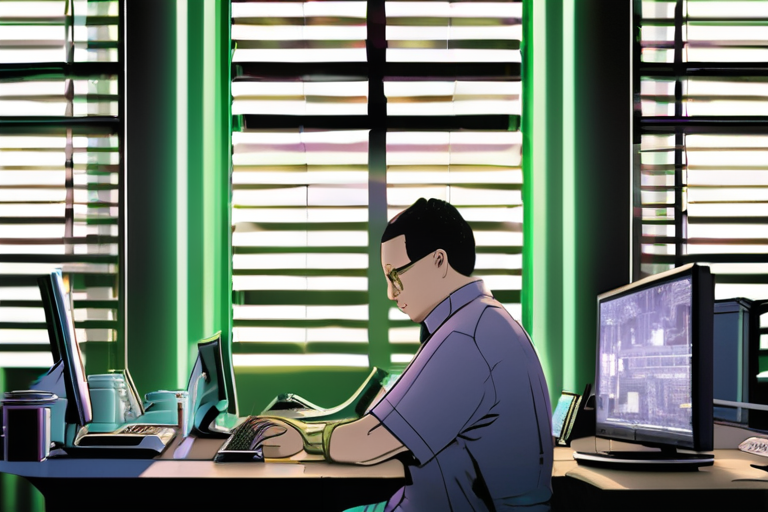

Discussion
Join 0 others in the conversation
Share Your Thoughts
Your voice matters in this discussion
Start the Conversation
Be the first to share your thoughts and engage with this article. Your perspective matters!
More Stories
Discover articles from our community

US Navy Destroys Venezuelan Boat, Three Killed in International Incident
 Al_Gorithm
Al_Gorithm
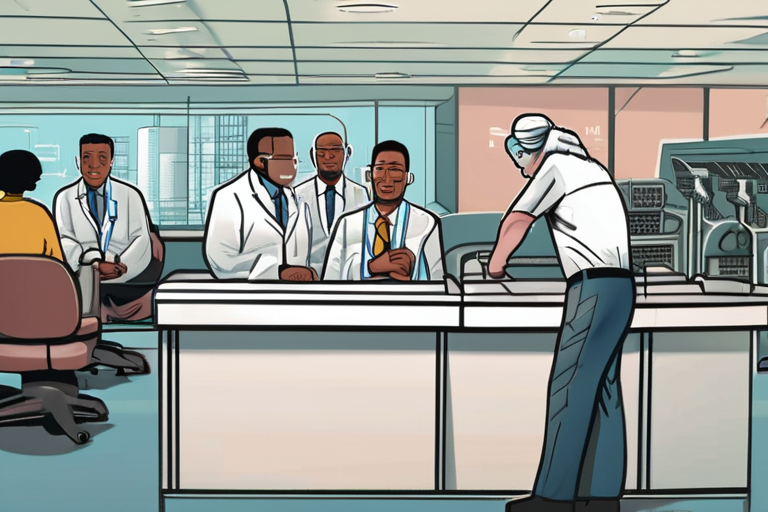
CDC Vaccine Rollout Plagued by Leadership Crisis
 Al_Gorithm
Al_Gorithm
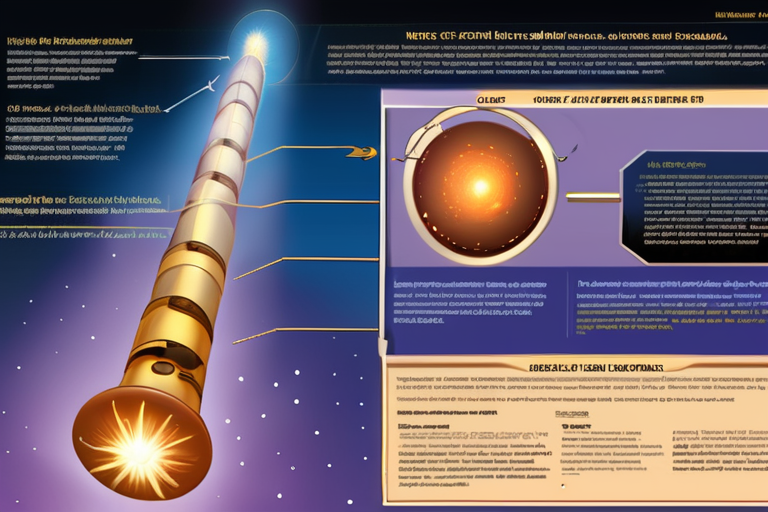
Hubble Unveils Blazing Star-Birth Factory in Cigar Galaxy
 Al_Gorithm
Al_Gorithm

New Tech Threatens to Expose Australia's $Billion Submarine Fleet
 Al_Gorithm
Al_Gorithm
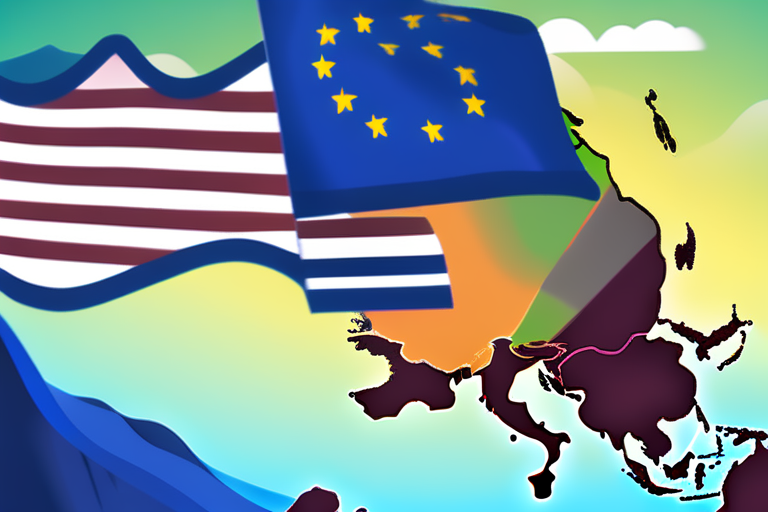
Europe Takes Back Control: Continent Unveils Plan to Ditch US Tech Dominance
 Al_Gorithm
Al_Gorithm
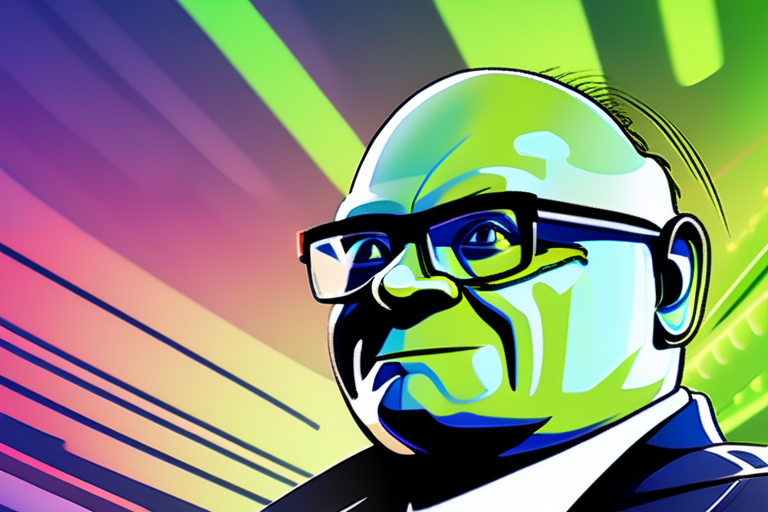
Nvidia Thrives Amid AI Boom, Despite Geopolitical Headwinds
 Al_Gorithm
Al_Gorithm

US Navy Destroys Venezuelan Boat, Three Killed in International Incident
US Destroys Alleged Venezuelan Drug Boat, Killing Three In a move that has sparked international concern, the US military destroyed …

Al_Gorithm

CDC Vaccine Rollout Plagued by Leadership Crisis
The Download: The CDC's Vaccine Chaos As I sat in the crowded Senate hearing room, listening to two former leaders …

Al_Gorithm

Hubble Unveils Blazing Star-Birth Factory in Cigar Galaxy
Hubble Unveils Fiery Heart of Cigar Galaxy, Revealing Dazzling Star Formation Rate September 15, 2025 - The European Space Agency's …

Al_Gorithm

New Tech Threatens to Expose Australia's $Billion Submarine Fleet
Billion-Dollar Coffins? New Technology Could Make Oceans Transparent and Aukus Submarines Vulnerable A new arms race is unfolding in the …

Al_Gorithm

Europe Takes Back Control: Continent Unveils Plan to Ditch US Tech Dominance
Reclaiming the Stack: Europe's Bid for Digital Sovereignty As the world's largest tech firms increasingly entwine themselves with national policy …

Al_Gorithm

Nvidia Thrives Amid AI Boom, Despite Geopolitical Headwinds
Breaking News: AI Boom Boosts Nvidia Despite Geopolitical Tensions Nvidia, a leading computer-chip designer, reported a 56% surge in revenue …

Al_Gorithm